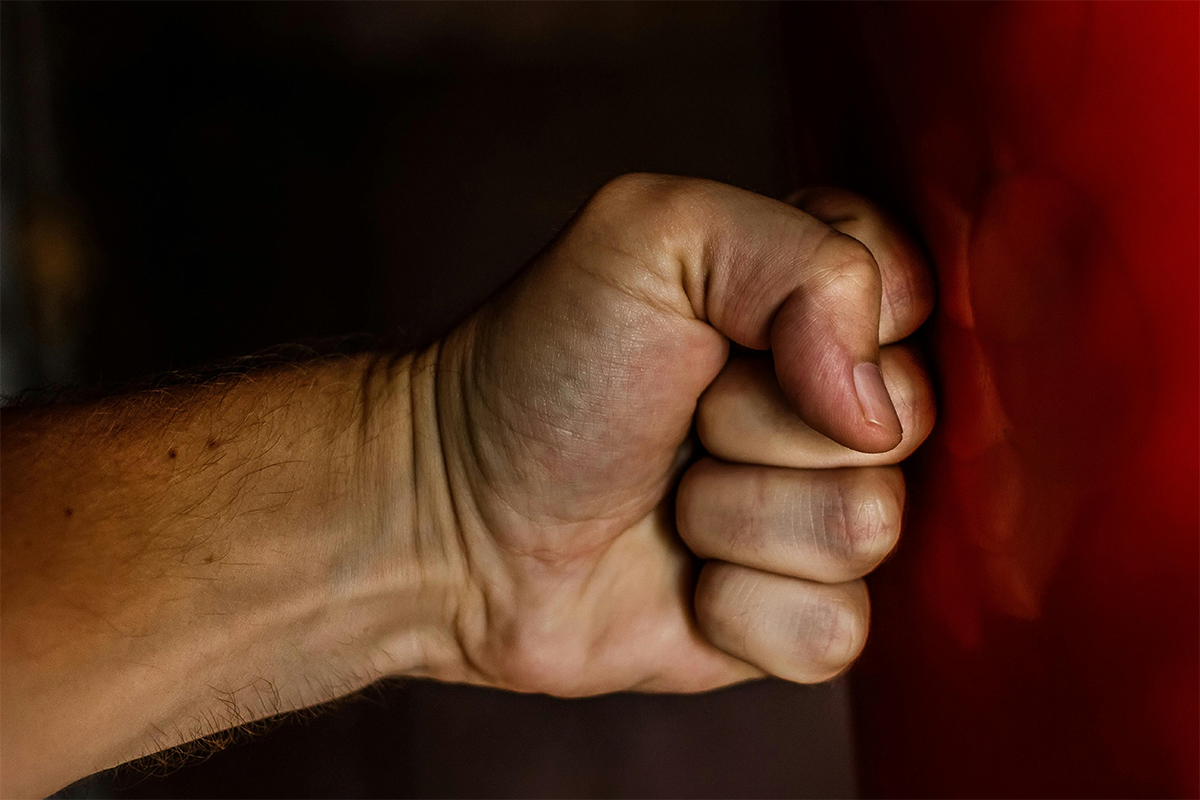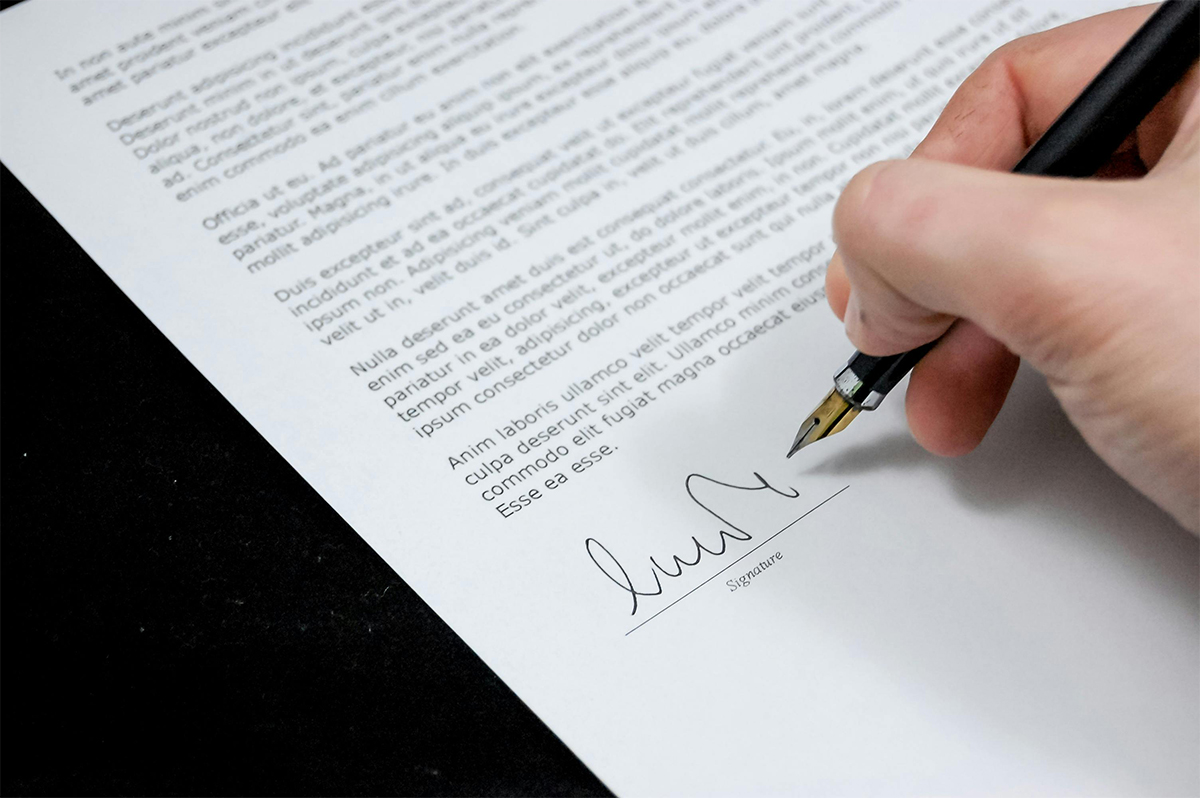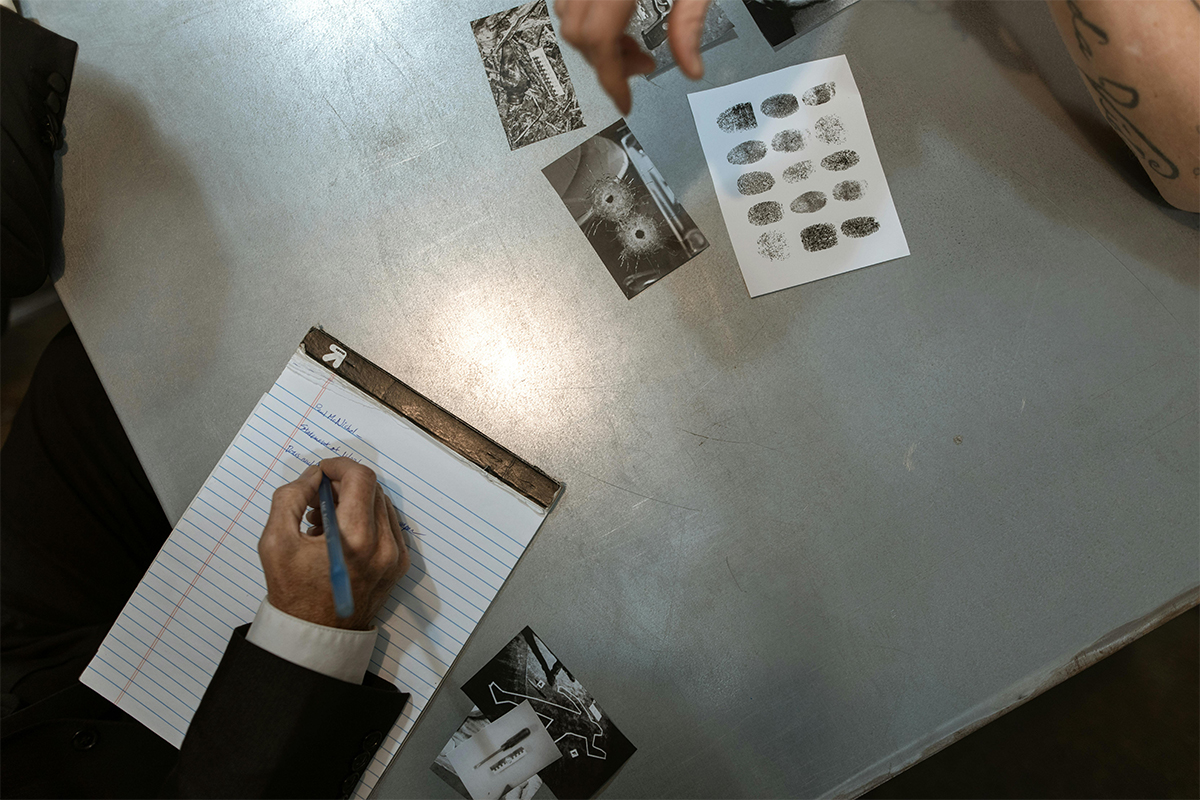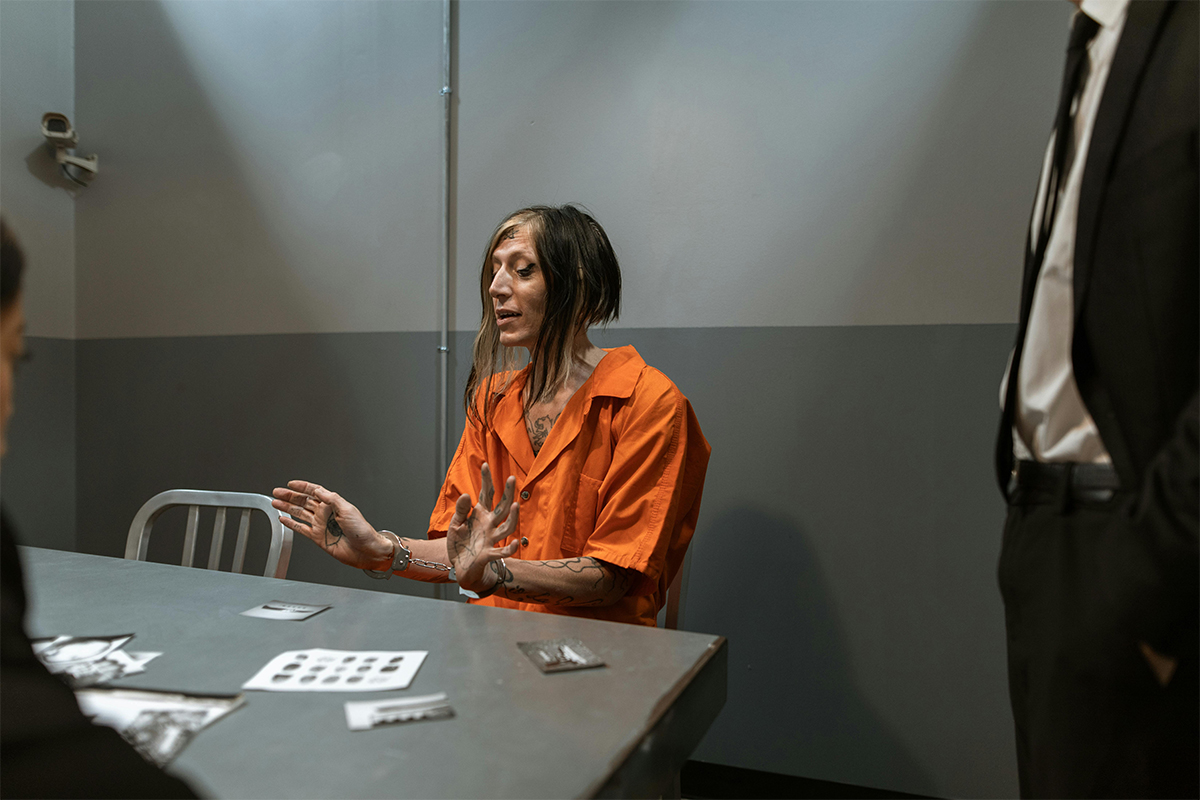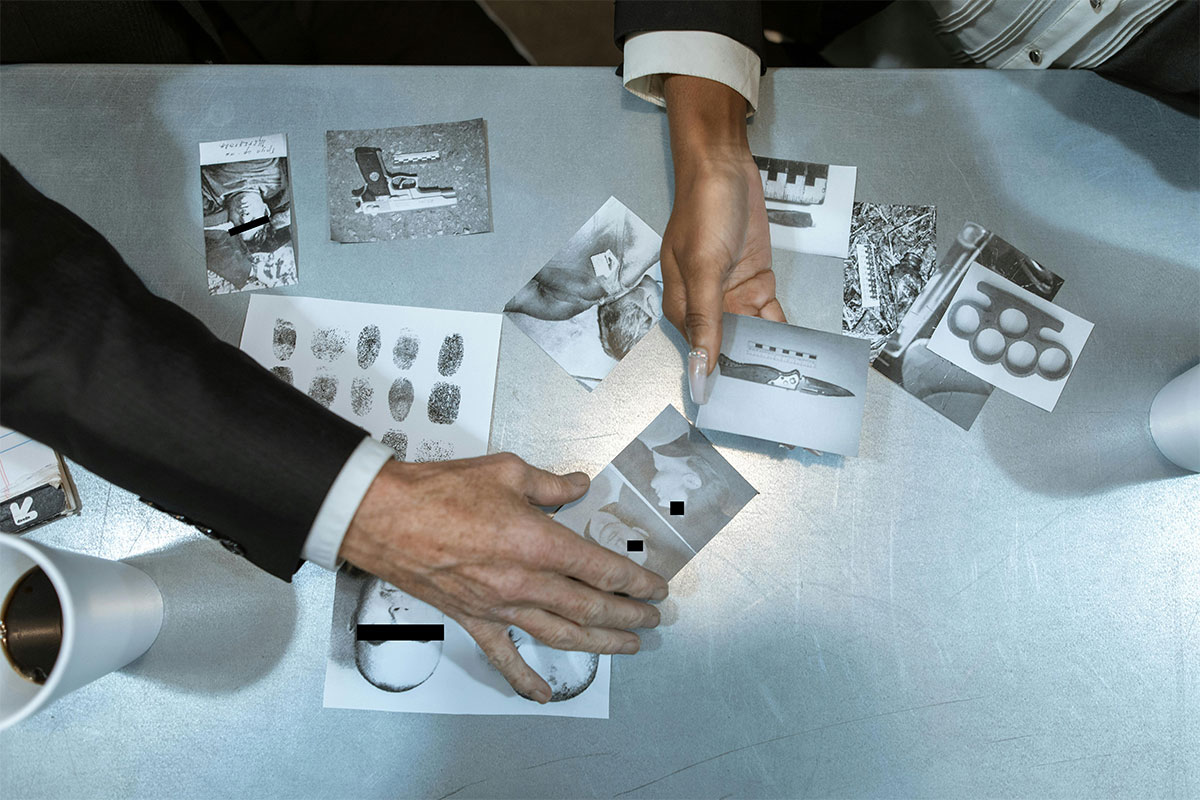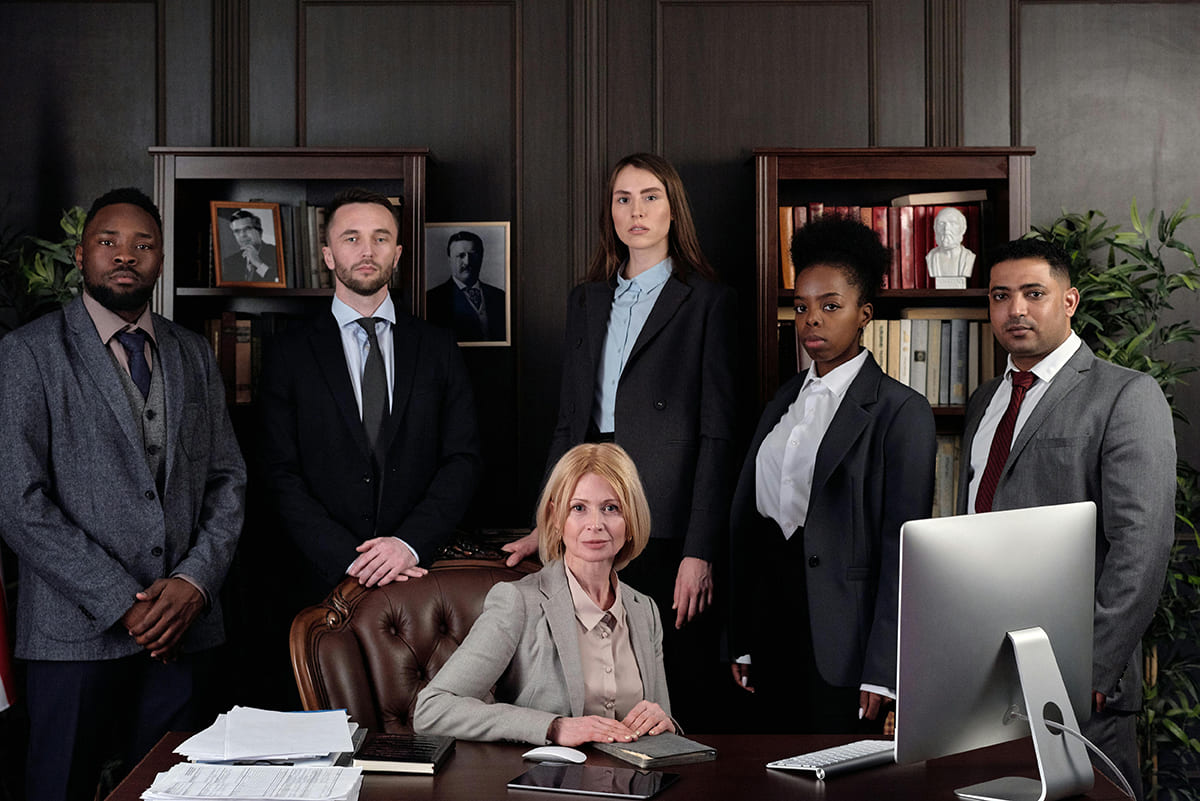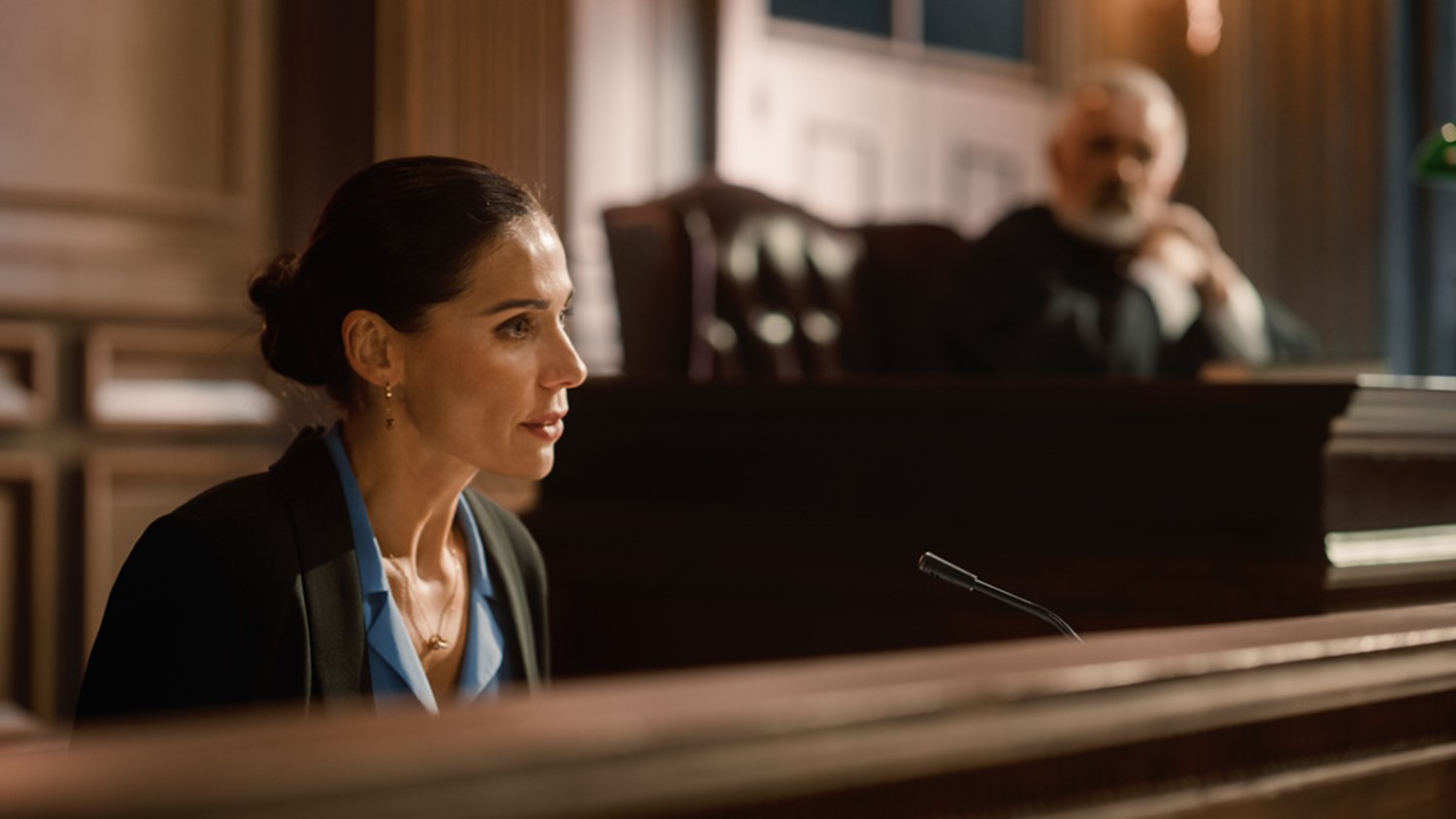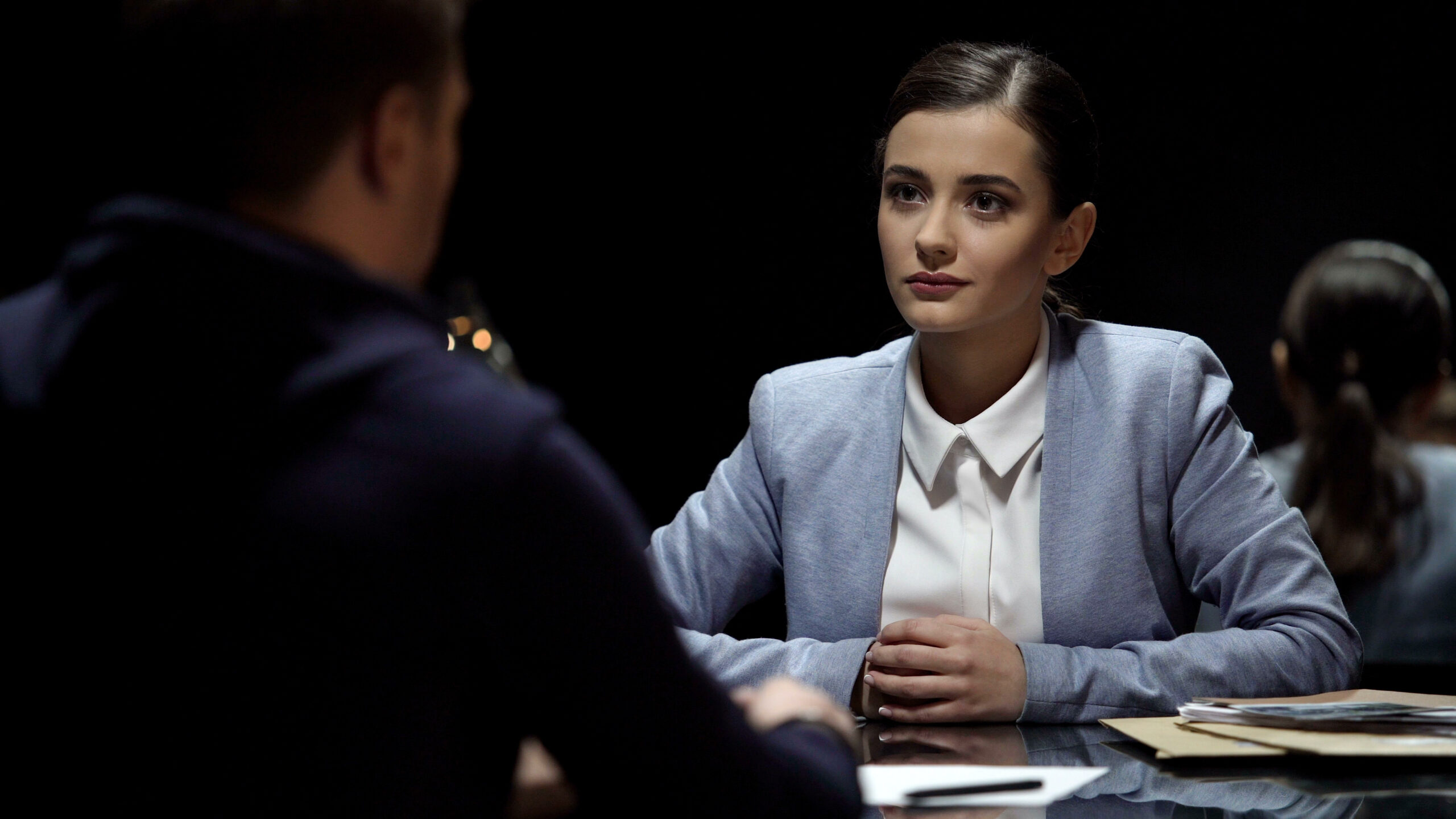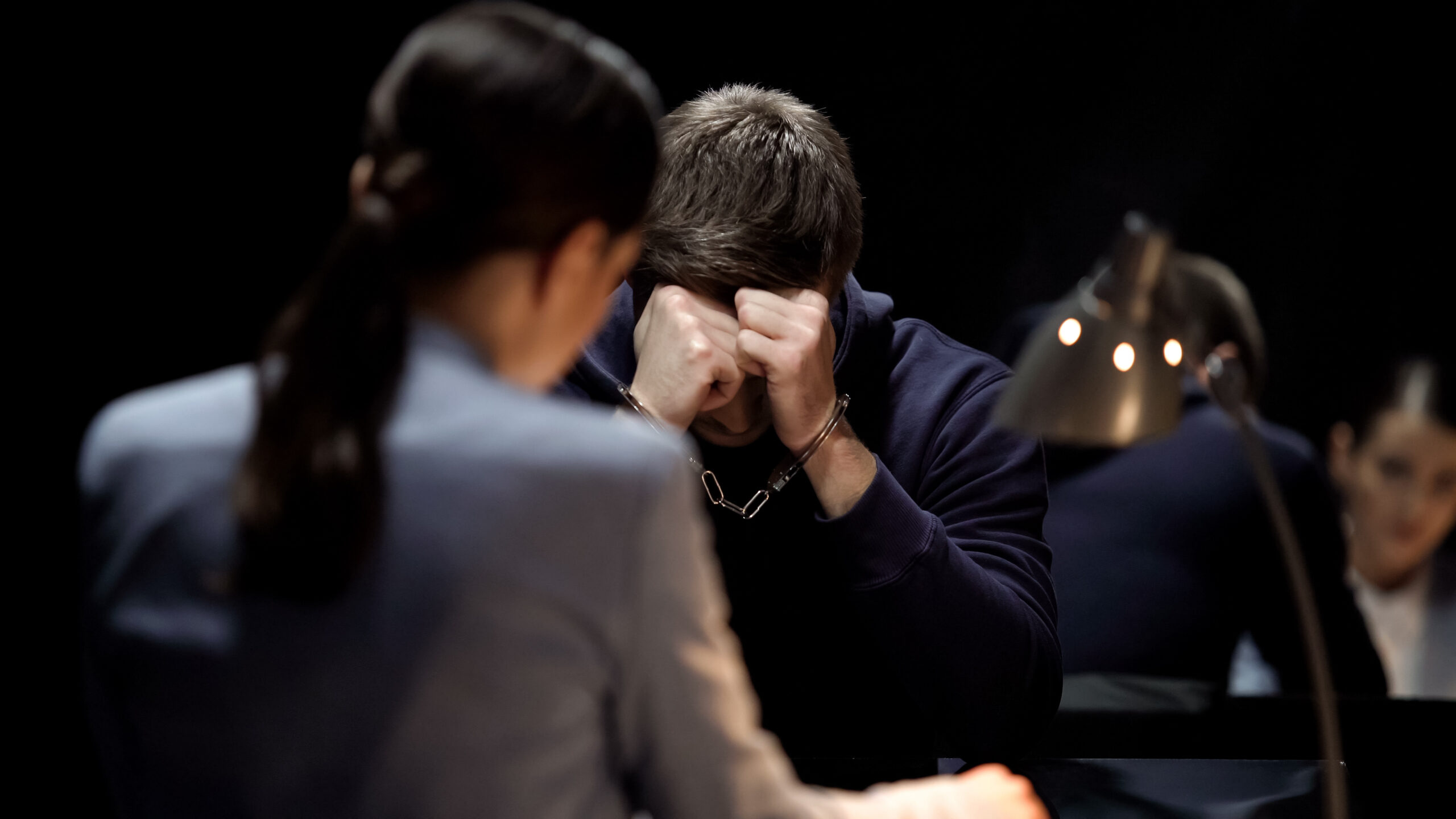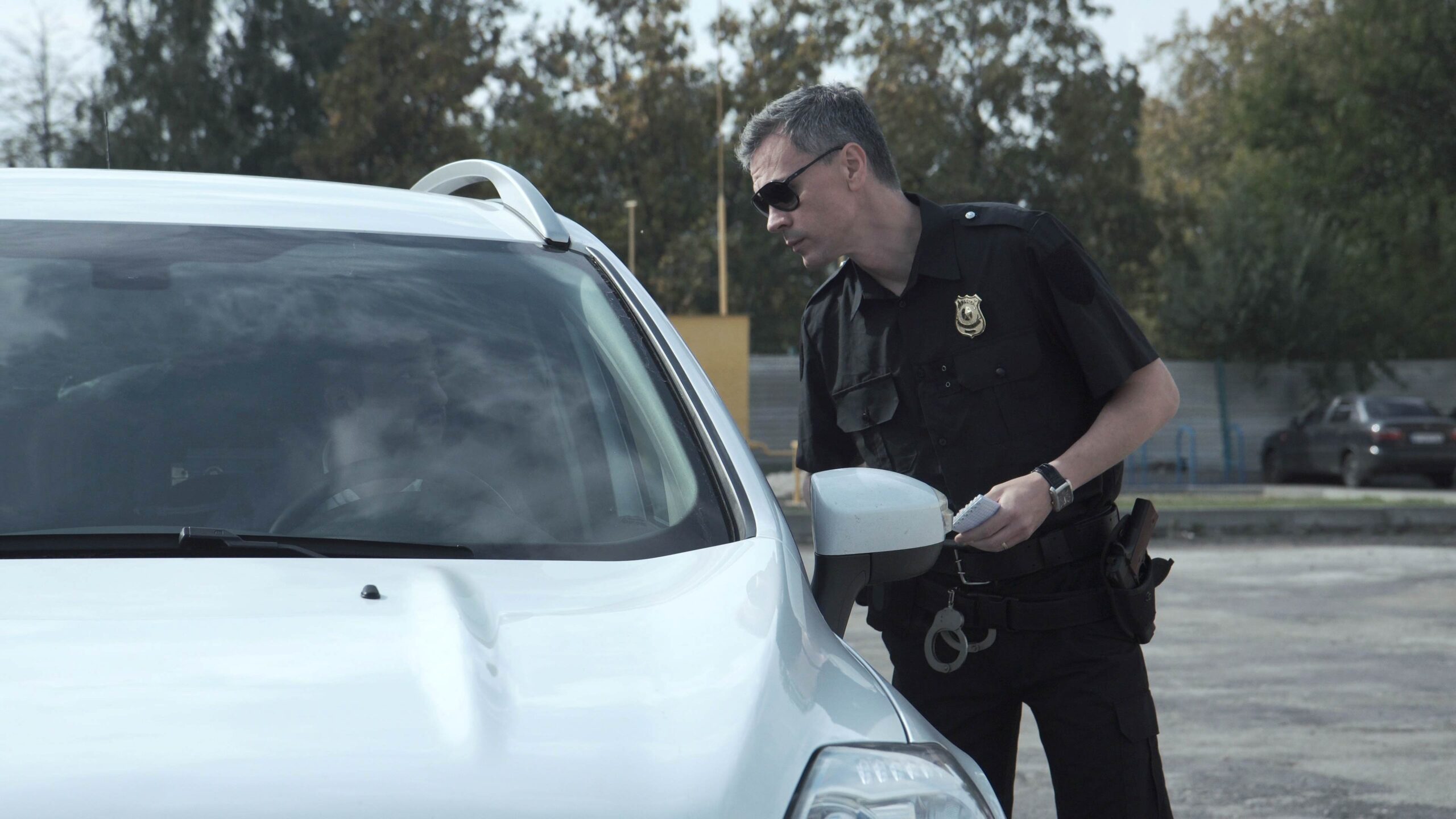Table of Contents
Whatever legal pickle you get into, you’ll always need a lawyer to stand by your side. They have enough expertise and experience to help their clients navigate the meandering journey known as the Australian legal system. Hiring one may be costly, but the complexity of the law is why you don’t see many people represent themselves in court.
You may encounter confusing terms while looking for someone to represent you in court. One example may be law firms marketing their teams of ‘criminal lawyers’ or ‘trial lawyers.’ While they’re both legal professionals, the difference isn’t as straightforward as this comparison puts it. This blog will draw the line between these two terms.
- Field of practice
Going by the terms verbatim, criminal lawyers are legal professionals who handle criminal cases, whereas trial lawyers manage cases when they go to court. But this distinction doesn’t say much, especially with the latter. If the same criminal lawyer gets to represent the client in court, doesn’t that make them a trial lawyer, too?
The distinction, in this case, lies with their chosen field of practice. As the term implies, criminal lawyers deal with defending people from offences like murder, homicide, assault, possession of illegal substances, or anything that threatens the safety of society at large. Basically, any offence listed under the Criminal Code Act 1995 is within their expertise.
On the other hand, trial lawyers are more of an umbrella term for any lawyer that goes to court to represent their clients. As such, they can either be criminal or civil lawyers. Simply put, Sydney criminal lawyers can be trial lawyers, but not all trial lawyers are criminal lawyers.
- Responsibilities
The two also differ in their list of responsibilities. For instance, criminal lawyers typically handle pre-trial tasks such as securing documents, gathering evidence and negotiating plea bargains with the prosecution. They’re also responsible for planning the defence ahead of the court date.
Meanwhile, whether or not it’s the same lawyer, trial lawyers conduct their tasks in the run-up to or during a trial. These include selecting the jury, delivering opening and closing statements and performing examinations. A trial lawyer must also be prepared to defend their client.
In most situations, a trial lawyer is considered the lead lawyer in a party. The criminal lawyer may opt to have a different professional take the helm during trial for whatever reason. While that criminal lawyer can remain part of the legal team, since they have the necessary knowledge, they won’t serve as the lead anymore.
- Settlements
Criminal lawyers can both perform out-of-court settlements and go to trial. While Australia’s criminal justice system finalised over 500,000 defendants in the previous calendar year, many legal experts believe far more were finalised out of court. Their experience mediating disputes without going to trial is well in demand.
There are many reasons case lawyers tend to advise settling out of court. It can save both parties the trouble of mounting legal costs and stressing over cross-examinations performed by the other party’s legal counsel. In criminal law, such a settlement is known as plea bargaining.
Meanwhile, employing a trial lawyer implies that the case is going to court no matter what. The outcome will no longer be at the hands of the criminal lawyer’s mediation but with the judge and jury. The pressure is on the trial lawyer to argue for a more amicable settlement in court.
- Core skills
A criminal and trial lawyer Sydney clients trust have gone down the same path to become one. They must take a law course – Bachelors of Law for those without an undergraduate degree or Juris Doctor post-graduate degree – those warrants completing 11 core law subjects (and some elective ones). One of these core subjects happens to be criminal law.
Additionally, they share some skills, but some are more important than others. Critical thinking is a must for criminal lawyers, given that they spend their time picking out details in a client’s case that’ll matter in the defence.
Meanwhile, trial lawyers must talk like an orator to properly deliver their opening and closing statements. In a tense environment like a courtroom, people can easily see through a trial lawyer whether or not they feel confident about their arguments.
Conclusion
As this article explains, criminal and trial lawyers have as many things in common as they have differences. These details make them no less important than one another. With experience and a wealth of knowledge backing them up, they can be indispensable to a case, whether or not it goes to trial.
References:
“How To Become A Lawyer In Australia: A Complete Guide” OZ Studies. Accessed June 2022.





